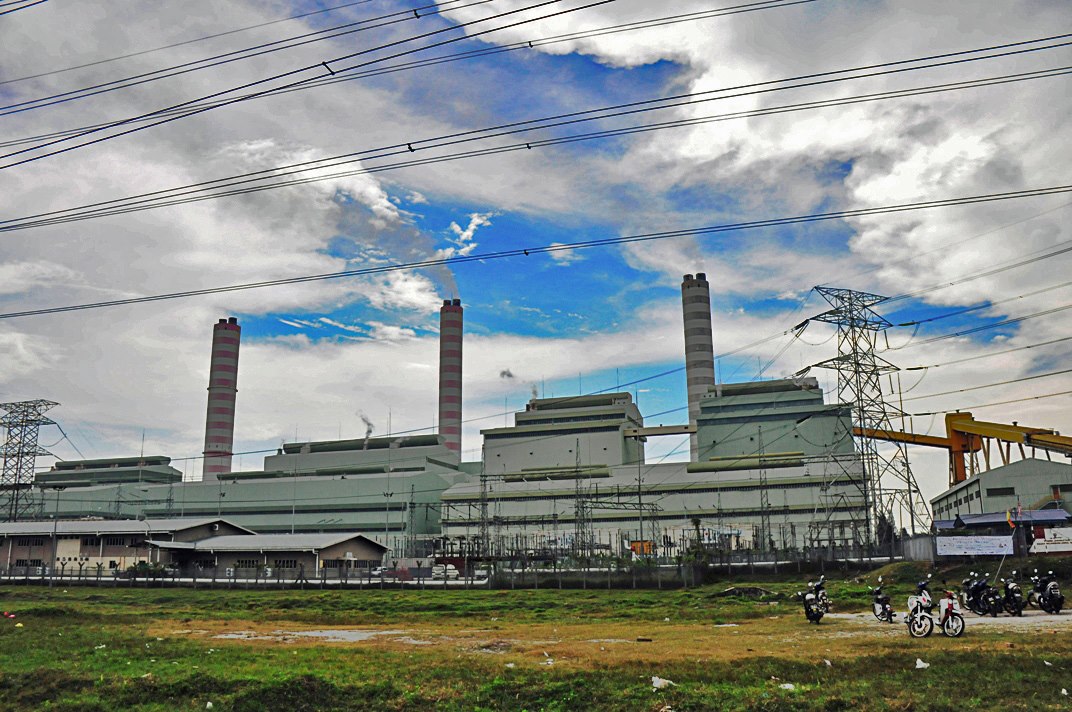Malaysia utilities giant Tenaga Nasional Berhad (TNB) announced this week it is aiming to install more than 14 GW of renewable energy capacity by 2050 as it seeks to retire some of its coal-fired assets earlier than planned as part of ongoing efforts to achieve emissions reduction targets and ensure continued business growth for the company.
TNB, which supplies electricity across the Malaysian Peninsula and also has investments in coal power infrastructure in India, has committed to a 35% reduction in carbon emissions intensity and a 50% reduction of its coal generation capacity by 2035 as it targets net zero emissions by 2050.
The state-owned utility said it would explore the viability of retiring its coal-fired assets earlier than originally planned and also wants to re-fuel existing power infrastructure with hydrogen as it looks to position its generation arm, GenCo, as a greener and more sustainable player in the power generation sector.
“TNB is very much in the driver’s seat when it comes to delivering the nation’s energy transition,” TNB president and chief executive officer Datuk Baharin Din said.
TNB said it will start by closing the 1.4 GW Kapar Energy Ventures coal plant in the nation’s west in 2028-2029, a year before the expiration of its power purchase agreement (PPA). The plan is still pending approval from shareholders and the government.
“We hope to start with Kapar Energy Ventures and are exploring the viability of retiring the 1,400 MW plant up to a year ahead of its PPA expiration subject to shareholders’ agreement and approvals from the relevant authorities and regulators,” Baharin said.
“As for repowering plants with new technology, we have recently received a Letter of Intent to allow the repowering of our 1,400 MW gas-powered plant in Paka, which we intend to make hydrogen-ready by 2029.”
TNB did not say how many coal plants in total it plans to close early. Malaysia currently has eight coal-fired power plants which can generate 12 GW of electricity. Last year, the country announced plans to cut more than 4 GW of coal power capacity by 2039. Coal is the dominant fuel in Malaysia’s energy mix, producing 43% of the country’s power in 2019.
TNB said it is also “actively seeking” to build strategic alliances with technology partners as it plans to expand its solar, wind, green hydrogen and energy storage portfolio across Asia Pacific and Europe. It is aiming to install 14 GW of renewable energy capacity by 2050, up from about 3.5 GW today.
“As demand for clean energy increases with the energy transition, we project the value of the clean energy market to be an estimated RM65 billion (AU$21 billion) to RM80 billion (AU$25.85 billion), and we intend to capture a significant share of the market,” Baharin said.
TNB also plans to capture a significant slice of the electric vehicle market, announcing it will invest RM90 million (AU$29 million) over three years to promote the uptake of EVs. The company expects the investment will help deliver 500,000 EVs on Malaysian roads by 2030 which it said translates to approximately 2.3 TWh of electricity charging requirements, valued at almost RM1.26 billion (AU$$41 million).
“The potential positive impact to both climate and the company’s bottom-line makes the development of the EV ecosystem a clear priority for TNB,” Baharin said.
This content is protected by copyright and may not be reused. If you want to cooperate with us and would like to reuse some of our content, please contact: editors@pv-magazine.com.









In the first line of the second paragraph, “Malaysian peninsular” should read “Malaysian Peninsula”. The word “peninsular” is the adjective, not the noun, as in for example “Peninsula India”. The noun is “peninsula”. Also, the geographic feature known as the “ pMalaysian Peninsula” is a formal term, and thus the “p” in “peninsula” should be capitalised.
Thanks Patrick!